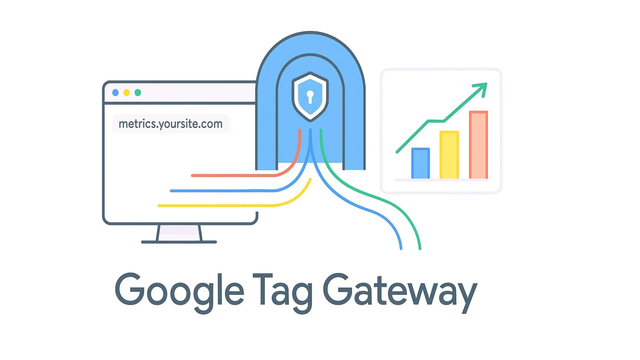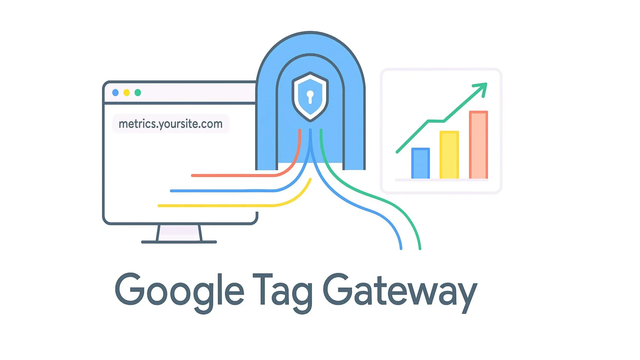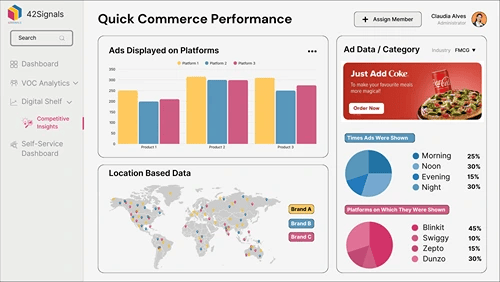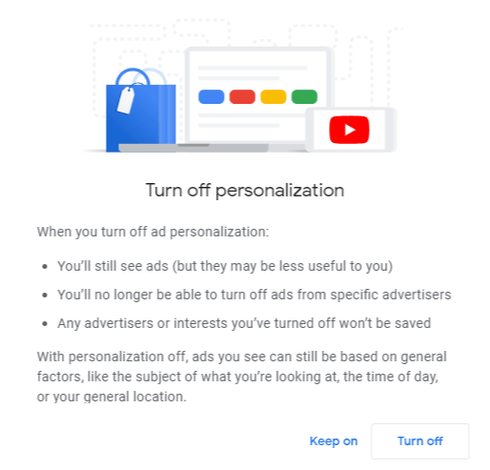"Google, Microsoft, Amazon, X, and the entire tracking-based advertising industry rely on the “Transparency & Consent Framework” (TCF) to obtain “consent” for data processing. This evening the Belgian Court of Appeal ruled that the TCF is illegal. The TCF is live on 80% of the Internet.[1]
Today’s decision arises from enforcement by the Belgian Data Protection Authority, prompted by complainants coordinated by Dr Johnny Ryan, Director of Enforce at the Irish Council for Civil Liberties. The group of complainants are: Dr Johnny Ryan of Enforce, Katarzyna Szymielewicz of the Panoptykon Foundation, Dr Jef Ausloos, Dr Pierre Dewitte, Stichting Bits of Freedom, and Ligue des Droits Humains.
Dr Johnny Ryan said "Today's court's decision shows that the consent system used by Google, Amazon, X, Microsoft, deceives hundreds of millions of Europeans. The tech industry has sought to hide its vast data breach behind sham consent popups. Tech companies turned the GDPR into a daily nuisance rather than a shield for people."
This Belgian enforcement arises from a chain of complaints and litigation across Europe initiated by Dr Ryan in 2018 against Real-Time Bidding (RTB)."
https://www.iccl.ie/digital-data/eu-ruling-tracking-based-advertising-by-google-microsoft-amazon-x-across-europe-has-no-legal-basis/
#EU #Belgium #AdTech #AdTracking #TCF #RTB #RealTimeBidding #DataProtection #GDPR #BigTech #Google #Amazon #Twitter #Microsoft







